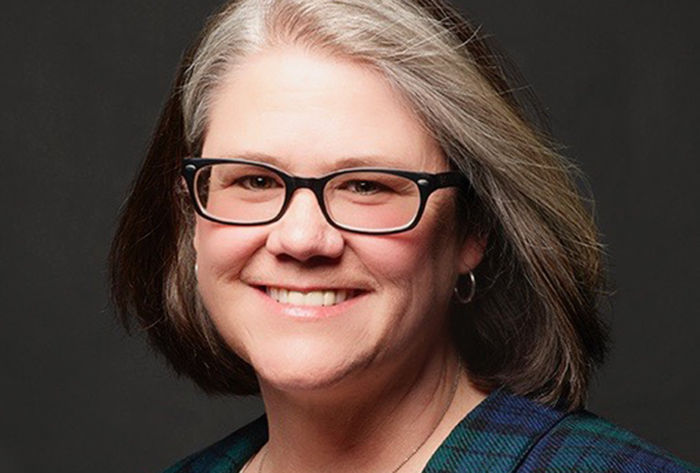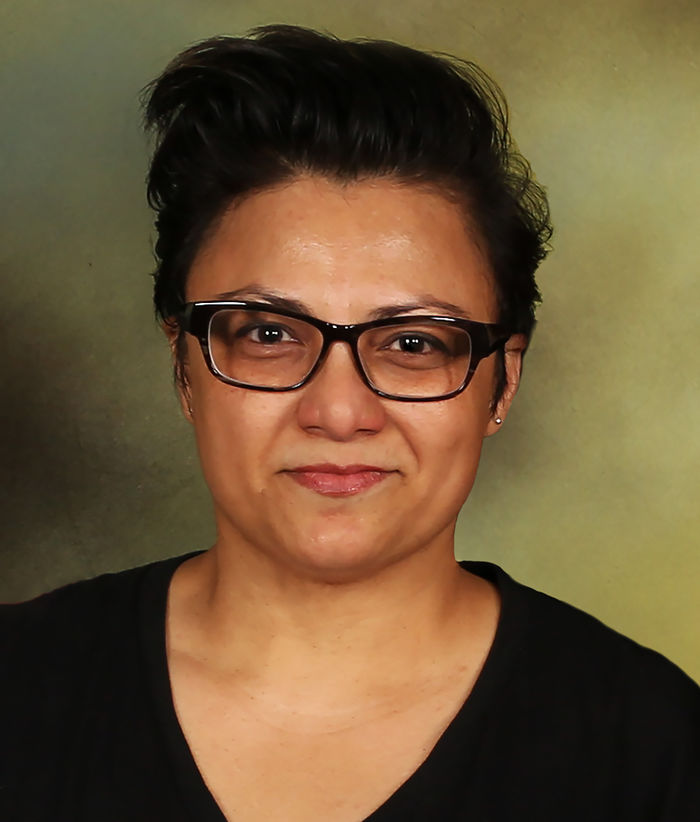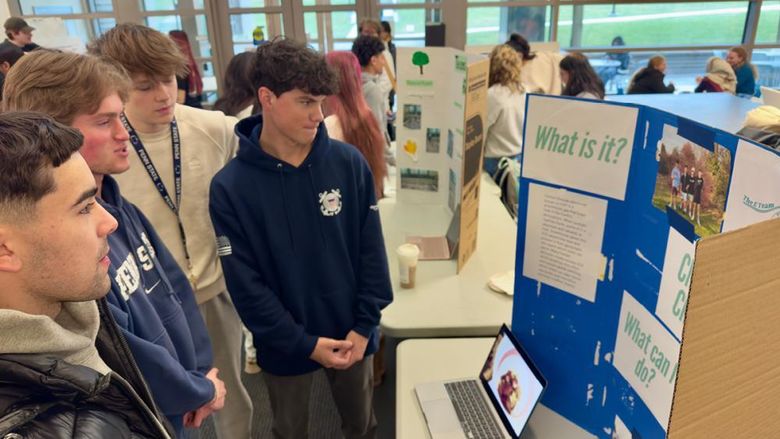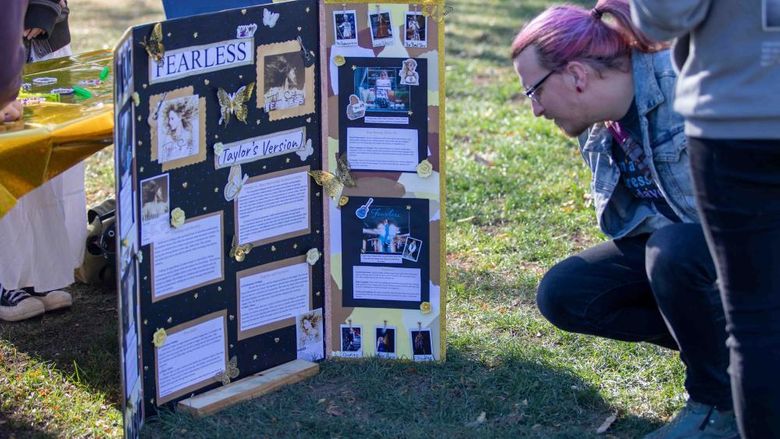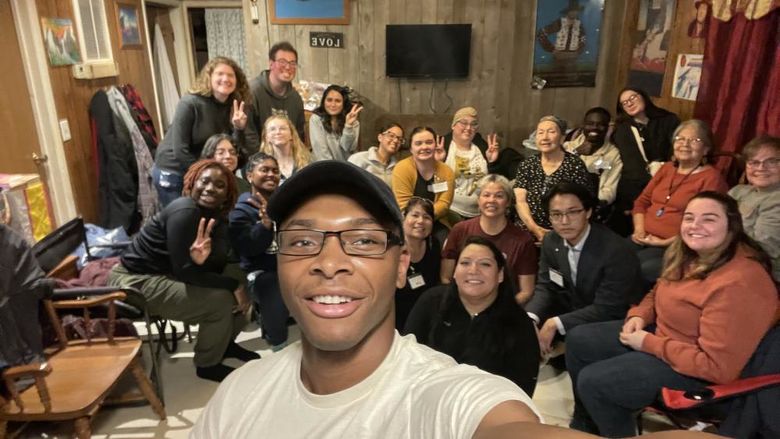
"Invasion of the Body Snatchers" is one of the films that students analyze in this course.
WYOMISSING, Pa. — Two Penn State Berks professors created a new course titled “Identity, Citizenship, and the Rhetoric of the American Horror Film.” Focused on both humanities and social sciences-based studies of film, the course is popular with students and fills quickly each fall during student registration.
It all began in 2019, when Michele Ramsey, associate professor of communication arts and sciences and women’s, gender, and sexuality studies, and Cheryl L. Nicholas, associate professor of communication arts and sciences and global studies, answered a call from the University to create an integrative learning course for the new general education requirement. They were awarded a seed grant to develop the course by the Penn State Office for General Education.
Using a 400-level class that Ramsey taught for the Penn State Berks communication arts and sciences degree program titled “The Rhetoric of American Horror Film” as the foundation, Ramsey and Nicholas redesigned the course to have a broader focus on both humanities and social sciences-based studies of film. The result is the new course, “Identity, Citizenship, and the Rhetoric of the American Horror Film.”
But why study horror film? Ramsey frequently reminds students, “Ideology is most powerful when it is least visible.” Thus, the course teaches students to critically assess the stories they are told in horror films, including thinking about how the films, often thought of as merely entertainment, encourage audiences to view themselves and others as part of the United States. “Through film, we get ideas about things, like what it means to be a ‘good’ U.S. citizen, about capitalism, about individualism, and about ‘good’ moral character,” explains Ramsey.
In addition, students get a good helping of rhetorical theory without realizing it. Ramsey smiles and says, “The spinach that is theory doesn’t taste like spinach in a horror film. But please don’t tell the students that!”
Nicholas, who also teaches a communication arts and sciences course titled “Storytelling," explains, “Human beings are storytellers, and those stories are told from a cultural bias. So, people need to think critically and assess the stories they are told.” She adds that our stories often resonate with our culture’s primary fears and anxieties, and so learning to critically assess those stories and think about them within their cultural context can help students understand important things about the societies they engage and invest in throughout their lives.
For example, students in the course watch the films "Freaks" (1932) and "Invasion of the Body Snatchers" (1956) and discuss how debates about the roles of science and religion in the early to mid-1900s play out in these films. Fast forward to the early 2000s and students are talking about the promulgation of haunted house films like "The Conjuring" and "Paranormal Activity" in response to the housing market crash of 2008.
Citing professor of communication and rhetorical studies at Syracuse University and textbook author, Kendall Phillips, Ramsey also notes that students learn that the anxiety and fear that accompany horror film are important for them to think about, as horror films tend to be popular during times of immense social anxiety. She notes that horror films can shock audiences out of their anxieties, but the fear that comes along with the shocks of horror can also be a strong impetus for audiences to change their thinking on a topic or their chosen responses to whatever is making the culture more anxious. In other words, that fear can be an important impetus for change.
“Students leave the film class amazed at how little they’ve assessed popular culture up until this point, but fascinated by how much they now realize they’ve been taught about their world through entertainment,” states Ramsey. “They also playfully complain that they can’t watch a film or a television show without recognizing the powerful ideological messages about things like race, class and gender that are embedded in those texts. My hope is that their knowledge of the important role popular culture plays in how we develop as people and as citizens will be passed on by them to later generations, and that someday those powerful messages that serve to advantage some and disadvantage many others won’t be as powerful anymore.”
For more information, contact Ramsey at emr10@psu.edu or Nicholas at cnic@psu.edu.
Dr. E. Michele Ramsey
Dr. E. Michele Ramsey, Associate Professor of Communication Arts and Sciences and Women's Studies
Cheryl Nicholas
Dr. Cheryl Nicholas, Associate Professor of Communication Arts and Sciences at Penn State Berks
